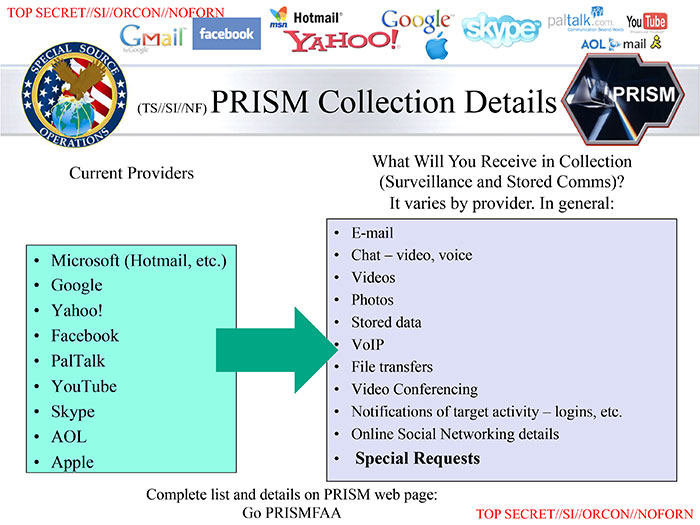
Google's Chrome browser automatically installs a secret script enabling the company to listen in to conversations through a computer's microphone, according to open source code advocates and security researchers.
The Guardian reports:
First spotted by open source developers, the Chromium browser – the open source basis for Google’s Chrome – began remotely installing audio-snooping code that was capable of listening to users.
It was designed to support Chrome’s new “OK, Google” hotword detection – which makes the computer respond when you talk to it – but was installed, and, some users have claimed, it is activated on computers without their permission.
While Google acknowledges that the audio snooping "module" is automatically installed when a person downloads its popular Chrome browser, the company claims users must opt-in before any audio is transmitted to the advertising behemoth. Pirate Party founder Rick Falkvinge disagrees: "The default install will still wiretap your room without your consent, unless you opt out, and more importantly, know that you need to opt out, which is nowhere a reasonable requirement."
According to developer website W3Schools.com, as of May 2015 nearly 65% of internet users worldwide accessed the world wide web through Google's Chrome browser. In March 2014, Google CEO Larry Page told a journalist he thinks people might be too concerned about their privacy in the digital world. "We're not really thinking about the tremendous good that can come from people sharing information with the right people in the right ways," Page said. While often thought of as an internet search company, Google derives most of its billions in annual profit through online advertising. Central to Google's business model is the collection of huge quantities of data about hundreds of millions of people.
Under to the "Third Party Doctrine" in the United States, most information held by private companies about individuals may be obtained by government agents without the knowledge or consent of the person targeted for surveillance. The doctrine, stemming from a 1979 Supreme Court case, says we lose our privacy rights to information when we "give" it to another party, such as Google. Therefore if the government demands Google hand over your private information, you may not have a right to challenge the demand in court—under the Third Party Doctrine, only Google can do that. If Google is indeed listening in and recording private conversations through the Chrome browser, the government could demand the company hand over those files, and thanks to this obsolete legal doctrine, there might be absolutely nothing you can do about it.
